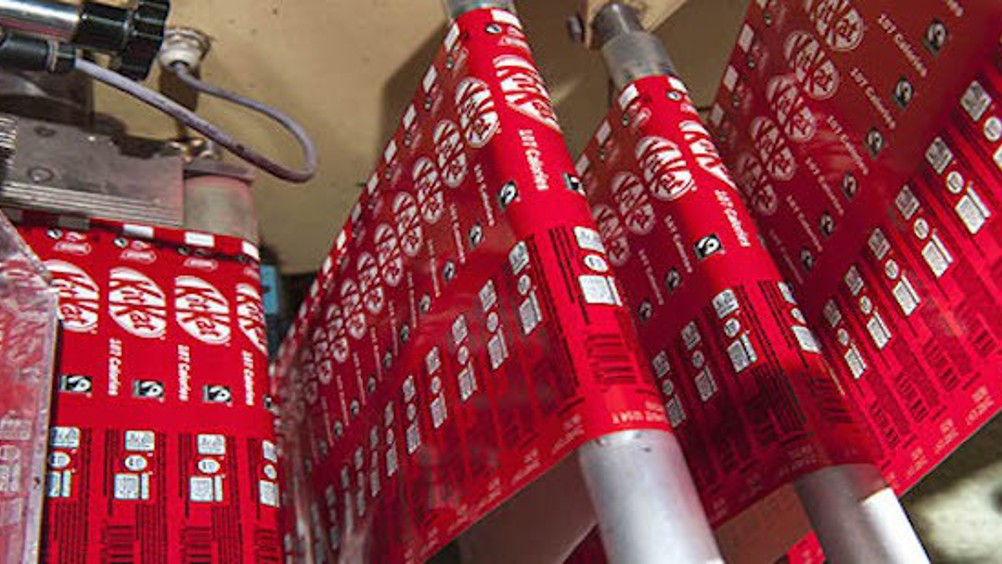Projects aim to cut carbon footprint and make savings for food manufacturers
Sheffield Hallam University’s new National Centre of Excellence for Food Engineering is leading three Innovate UK partnerships to improve the efficiency of food production processes.

The new national centre will receive over £2.25m for three Innovate UK programmes with Nestlé UK and Dext Heat Recovery.
The first project will look at the carbon footprint of the 40m long ovens used by Nestlé UK to manufacture KitKats to see how its waste heat recovery processes can be improved with a bid to save the company up to 15 per cent off its energy bills.
Baking technologies in food and drink manufacturing processes typically use gas-fired heaters, which produce large volumes of waste heat at 300 to 400 degrees Celsius. Only 40 per cent of energy used adds value to the final product with 60 per cent being discharged as hot air emissions.
Researchers at Sheffield Hallam and partners Spirax Sarco will work with Nestlé UK to develop a novel heat recovery solution that will recover the input energy in a roasting process, increase energy efficiency and reduce energy costs.
Register now to continue reading
Thanks for visiting The Engineer. You’ve now reached your monthly limit of news stories. Register for free to unlock unlimited access to all of our news coverage, as well as premium content including opinion, in-depth features and special reports.
Benefits of registering
-
In-depth insights and coverage of key emerging trends
-
Unrestricted access to special reports throughout the year
-
Daily technology news delivered straight to your inbox










Simulations show Optimal Design for Bladeless Wind Turbines
"an 80cm mast" Really? I'm short but that's only half my height! Do they mean 800cm?